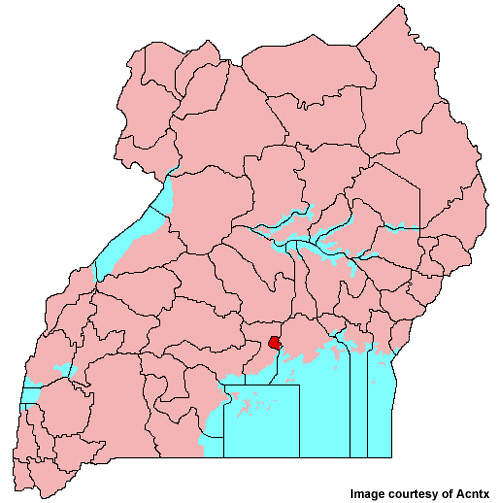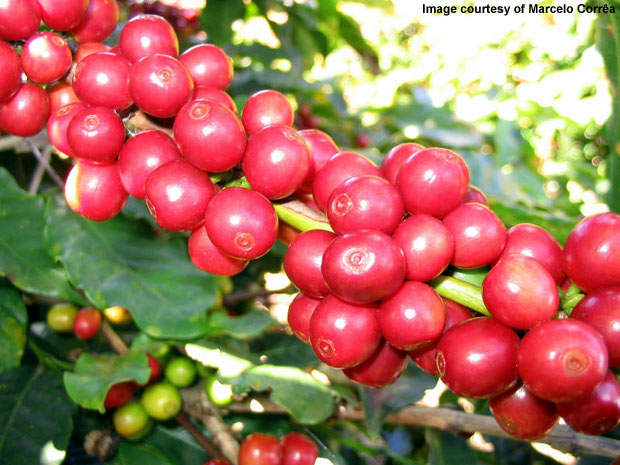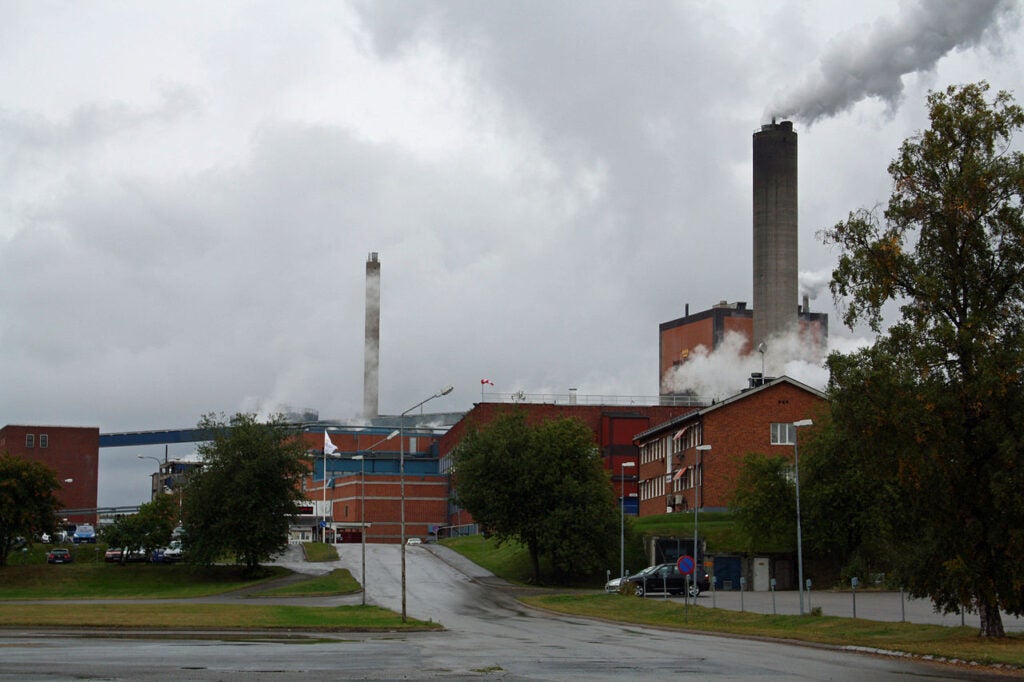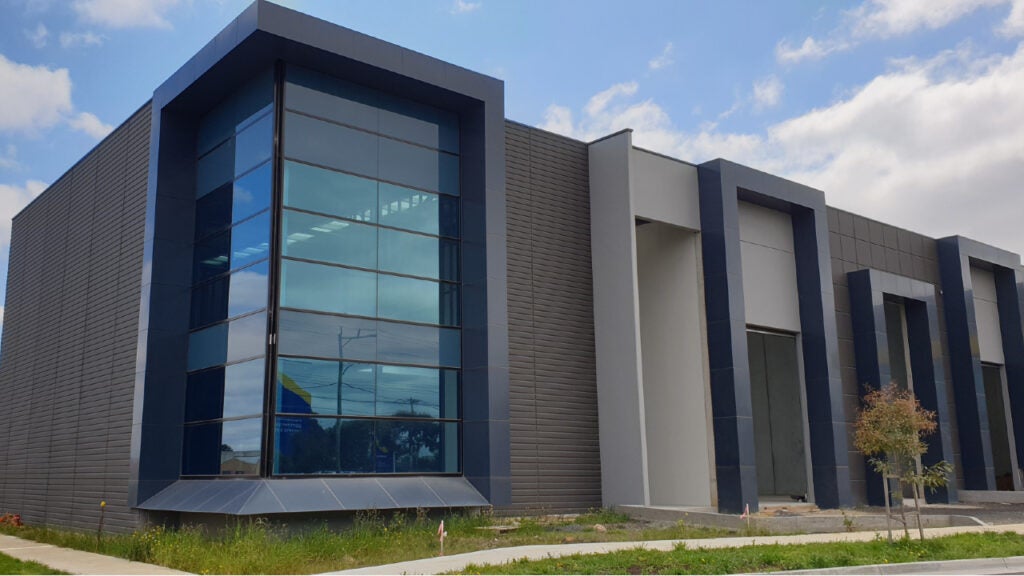In July 2009, Ugandan President Yoweri Museveni inaugurated the first coffee roasting and packaging plant in the country’s city of Kampala. The new plant is owned and operated by Good African Coffee, an entrepreneurial venture founded by Andrew Rugasira. Built at a cost of $1m, the plant has a capacity of three million kilogrammes a year and is equipped with roasting machinery from China.
Good African’s new plant manufactures three varieties of single origin roast and ground coffee, as well as one premium dried instant coffee. The company is a supplier to the UK’s main supermarket chains, including Tesco, Sainsbury and Waitrose, as well as to South African supermarket chain Shoprite Checkers.
Good African coffee was launched in Sainsbury’s and Tesco stores in April and July 2010 respectively. The company entered the US market in November 2011, by signing an agreement with Church of God in Christ (COGIC), a Pentecostal holiness Christian denomination. founded As per the agreement, Good African will distribute its coffee throughout the COGIC network of more than 12,000 churches.
Approximately 14,000 Arabica farmers from Kasese and Western Uganda are part of the company’s network supplying coffee to the new plant.
With the opening of the new plant, Good African has become the first brand of coffee to be processed and packaged in Africa and exported to international markets.
Good African coffee plant project financing
The investment required for constructing the new plant came from loans and shareholders’ capital. The government of Uganda also provided the company with a loan of $995,500 in 2008 under a private-public partnership. The loan will be paid back by Good African Coffee along with interest by 2013.
Farmer benefits
To ensure that the farmers supplying the coffee beans for processing at the new plant cultivate high-quality beans, Good African provided training to farmers on husbandry and post-harvest treatment, and encouraged them to adopt the wet-processing method for processing the coffee beans.
The wet-processing method involves four stages: picking the ripe cherries, removing wet beans from the cherries through pulping, separating the mucilage around the beans through fermentation, and cleaning the beans and drying them to reduce moisture content from 50-60% to 12%.
The process has not only helped farmers improve the quality of their coffee beans, but also ensures that they get a higher price for their produce.
As well as cultivation, the complete value chain of coffee involves roasting, grinding, packaging, shipping, selling and consumption.
The roasting and grinding part alone increases the value of coffee from $1/kg to $15/kg. The new plant is expected to increase the role played by Ugandan farmers in the coffee value chain.
Coffee value chain
The majority of farmers from Uganda and other African coffee-producing countries are not usually part of the entire value chain of coffee: their role usually ends after they sell their cultivated coffee beans to the buyers. Countries that import the coffee beans carry out the remaining portions of the value chain.
It is estimated that the total value of the world’s coffee business is $144bn per year. The coffee-producing countries, however, earn only about $15bn because they do not carry out the processing. The remaining revenue of $130bn goes to the importing countries, which implies that the coffee farmers were losing out on a large percentage of the revenue.
Construction of the new plant is expected to include African countries in the entire value chain of coffee. It is also expected to serve as a role model to demonstrate how coffee processed in Africa can build a brand in western markets.
Another advantage for the farmers is the Fair Trade policy adopted by Good African, which shares 50% of its profits with the farmers. The company has launched 16 savings and credit cooperatives in 17 sub counties of Kasese District.
Future plans
The opening of the new plant has generated a lot of interest from coffee farmers. In the near future, Good African plans to expand its network of coffee growers supplying beans to the plant.
Farmers from neighbouring Bushenyi and Rukungiri districts in Uganda have already expressed their interest in being part of the Good African’s network. The company is also planning to process coffee produced in East African countries such as Tanzania and Rwanda.










